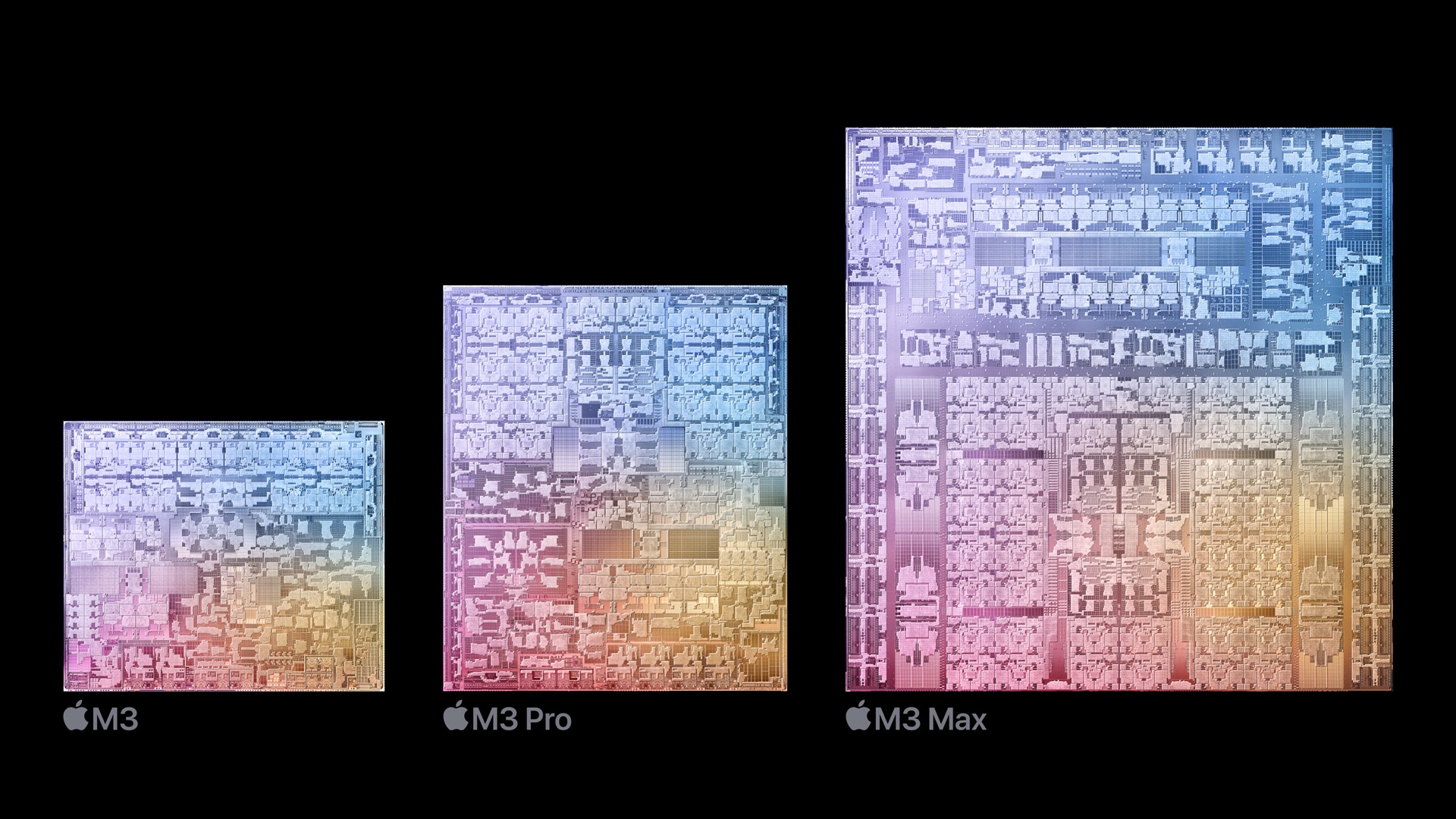
When Apple unveiled its updated 14- and 16-inch MacBook Pros alongside a refreshed 24-inch iMac, it also took the wraps off a trio of new chips. The M3, M3 Pro, and M3 Max are updated versions of the previous M2 series and it turns out that they're pretty quick indeed.
At least, the M3 Max is. That's just one of the chips that we've already seen pop up in early Geekbench results. Sitting inside the updated 16-inch MacBook Pro, the M3 Max was put through its paces, presumably, by someone who got their hands on an early unit. The results were then unloaded to the internet and that was that. But that isn't even the most interesting part of the story.
That part is the fact that this 16-inch MacBook Pro, powered by an M3 Max chip, is faster than the M2 Ultra that currently powers the Mac Studio and what is supposed to be the best Mac money can buy — the Mac Pro. And that's fascinating.
Big, bug numbers
To really appreciate what's going on here we have to look at the numbers. The Geekbench run, spotted by AppleInsider, posted a single-core score of 2,971 and a multi-core score of 20,785. Those are already big numbers before you compare them with the M2 Ultra that previously sat at the very tippy-top of Apple's lineup.
Right now, those running an M2 Ultra can expect scores of around 2,692 in single-core tests and 21,231 in multi-core tests. That means that the M3 Ultra is faster per-core than the M2 Ultra and it's only when you add the extra cores that older chip can take back the crown. The M2 Ultra has 24 cores whereas the M3 Max tops out at 16.
With all of those things considered, we can likely expect some pretty great things when the M3 Ultra ships. When that will be, we don't yet know. But we can expect it to be used in future Mac Studio and Mac Pro computers at some point — assuming Apple doesn't leave the Mac Pro to languish all over again.
A bright future ahead but the vultures circle

This is of course all excellent news for people who will be buying Macs over the next year or so, especially at the top end of the lineup. The MacBook Pros are now great buys across the lineup thanks to the removal of the 13-inch model from the lineup. And Apple silicon continues to show that Apple was right to ditch Intel and start designing its own chips.
TSMC and its 3nm manufacturing process should also take some plaudits, as it did when it produced the A17 Pro that powers the iPhone 15 Pro devices. It would be no good Apple designing great chips if it couldn't get anyone to build them, after all.
These are without question the best Macs that Apple has ever sold. But in a wider computing market, the vultures are already starting to circle.
Qualcomm, the company that builds Apple's iPhone modems, has its new Snapdragon X Elite chips on the way. Those chips will run Windows on ARM for a number of different laptop companies and the early benchmark tests show that Apple has a fight on its hands — especially when you look at the base model M3.
Of course, none of this really matters. You can't get an M3 series chip in a Windows PC and you can't get a Snapdragon X Elite chip in a Mac, either. But where once Apple had the edge in mobile chips, it appears Qualcomm's catching up. And that's good news for everyone because faster computers mean better experiences for us all.







